
“The kids would follow Jadon around, he was like the ringleader really,” Norman Dawkins, who first saw this cheeky six-year-old on a concrete pitch in South London, tells Goal. “There would always be a bunch of kids following him around, he would go out jogging and they would run after him!”
Jadon Sancho, you see, has always stood out. At the age of 18 he is one of world football’s hottest properties, thriving at a top European club like Borussia Dortmund, the first player born this millennium to play for England, potentially the first English £100 million player.
“I’ve always wanted to be a professional footballer, make people watch me and say ‘woah’, like how I used to watch Ronaldinho and go ‘wow, I want to be like him one day,'” Sancho himself told Goal.
“I can’t really speak for everyone, I can only speak about my situation really. My situation was that I just wanted to play football.”
The winner of Goal’s 2019 NxGn - which ranks the world’s 50 best teenagers born this millennium - acknowledges he still has a long way to go in his career, but in terms of making people go ‘woah’ he has achieved an awful lot already.
He’s been doing it for years.
“He used to ‘nuts’ people, you’d just hear the kids going ‘Wooaahhh, how did you do that?’ says Norman, who worked at the Frederick’s Adventure Playground in South London - just around the corner from Sancho’s childhood home.
“He did it all the time, since he was young. He did it against older boys too. I think that’s what made him stronger. If he got tackled, he just got up and carried on playing. He played against men; he was that good. Everybody wanted to be on his side.”
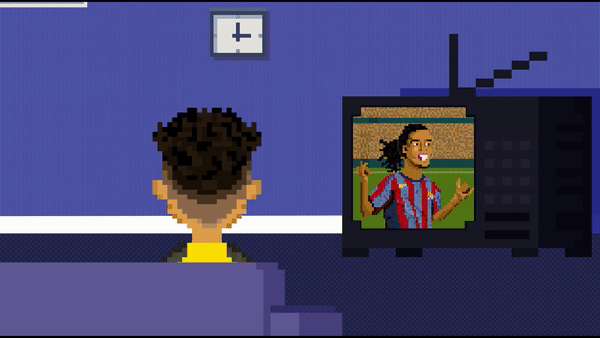

Sancho never saw age as a barrier; he first turned up at Frederick’s at the age of six and quickly stood out as someone special. Peter LeAndre, who worked with Norman, was another of the youngster’s victims: “He had that ability, you could see that he was doing little tricks at that time, he was trying to nutmeg me and other players.
“There were times when we were playing football against him and he would do things that I would think, ‘That was a bit crazy, what are you doing that to me for?!’ I used to play football, I used to play at Luton, so I know how to play but he was doing things to me that I had never seen. It was like he had elastic bands on his feet. It was quite ridiculous. The kid was unique.”
Outside of his work with child services Norman was a football coach, so when youth tournaments came around, of course he got Sancho involved. But there was another secret weapon.
“His friend is Reiss Nelson, who’s at Hoffenheim,” he says. “I was told to get them together when they get to the right age, around eight years old. It was the best thing that came up.
‘When they were 10 and 11 years old, they played in the Suffolk Youth Games. There are 32 boroughs and they won it. They scored 24 goals between them in around 10 games.
“And especially when it came to the London Youth Games at Crystal Palace around 2011, everyone knew who Jadon and Reiss were. It was three girls and three boys, we never lost a game and in the final we won 2-0.”

By this point, Sancho was already on the books at Watford, where he benefited from professional coaching and, perhaps, from living away from his family in digs at Harefield Academy, a school 30 miles from where he grew up.
“He had a bit more trickery to him for his age,” Peter adds, “so, when he got to seven or eight and went to Watford, he developed into a much better player.”
He had been training with the Hornets for a couple of years before he could sign his first schoolboy contract at the age of eight. Dave Godley, a youth coach at the club, was so worried that the young talent would be snatched up by the likes of Arsenal or Chelsea, he picked up Jadon and his family from the train station and drove them to the training ground himself.
“My first impression was that he was technically better than the other kids but he didn’t have experience of playing local football, he didn’t play for a team, as he used to just play football in the street, unorganised football,” Godley tells Goal.
“He’s obviously got natural ability and confidence but he did practise a lot, he was always with the ball. To me it seemed like he was just constantly playing football, and that’s why he’s so technically good.”
Dave and his colleagues were soon on the receiving end of Sancho’s tricks, too. “In games he would do things that other kids couldn’t do. My colleague went in goal in a training game once, he stood in goal just to make up the numbers, and we were playing in five-a-side goals that are below the shoulder for an adult, and he looped the ball over Dennis into the far corner of the goal.”
Sancho may have wanted to be like Ronaldinho, the Brazilian superstar who wowed so many people during his brilliant spell at Barcelona, but Godley has another legend in mind.
“I don’t think it’s natural talent,” he adds. “If you look at somebody like Diego Maradona, people say, ‘Oh, he’s born to be a footballer’, but there are documentaries about him and he’s just playing football constantly. He’s playing football constantly, he’s with the ball constantly and that’s like Jadon.
“So, athletically, physically, mentally, he’s probably born with attributes that have helped him, but ultimately he repeatedly ran at players in training and on the streets, he repeatedly tried to nutmeg somebody, he repeatedly tried to shimmy and drop his shoulder, so eventually he’s found a way that works and he’s incorporated it into being taught about positions and stuff. He’s kept it in his locker and kept working on it.”
Sancho’s footballing education was not confined to Watford’s youth teams. He played in those youth tournaments with Norman at weekends and when there was nothing formal to do, he would be back on the playground, or out on the streets.
“I would class myself as a street footballer, obviously that’s where it all started, on the street,” Sancho says.
“I used to do a lot of ball sessions with my friends when I was back in London, obviously that’s where we practised our skills, we would play 5v5 on the street and that’s where usually we would practise.”
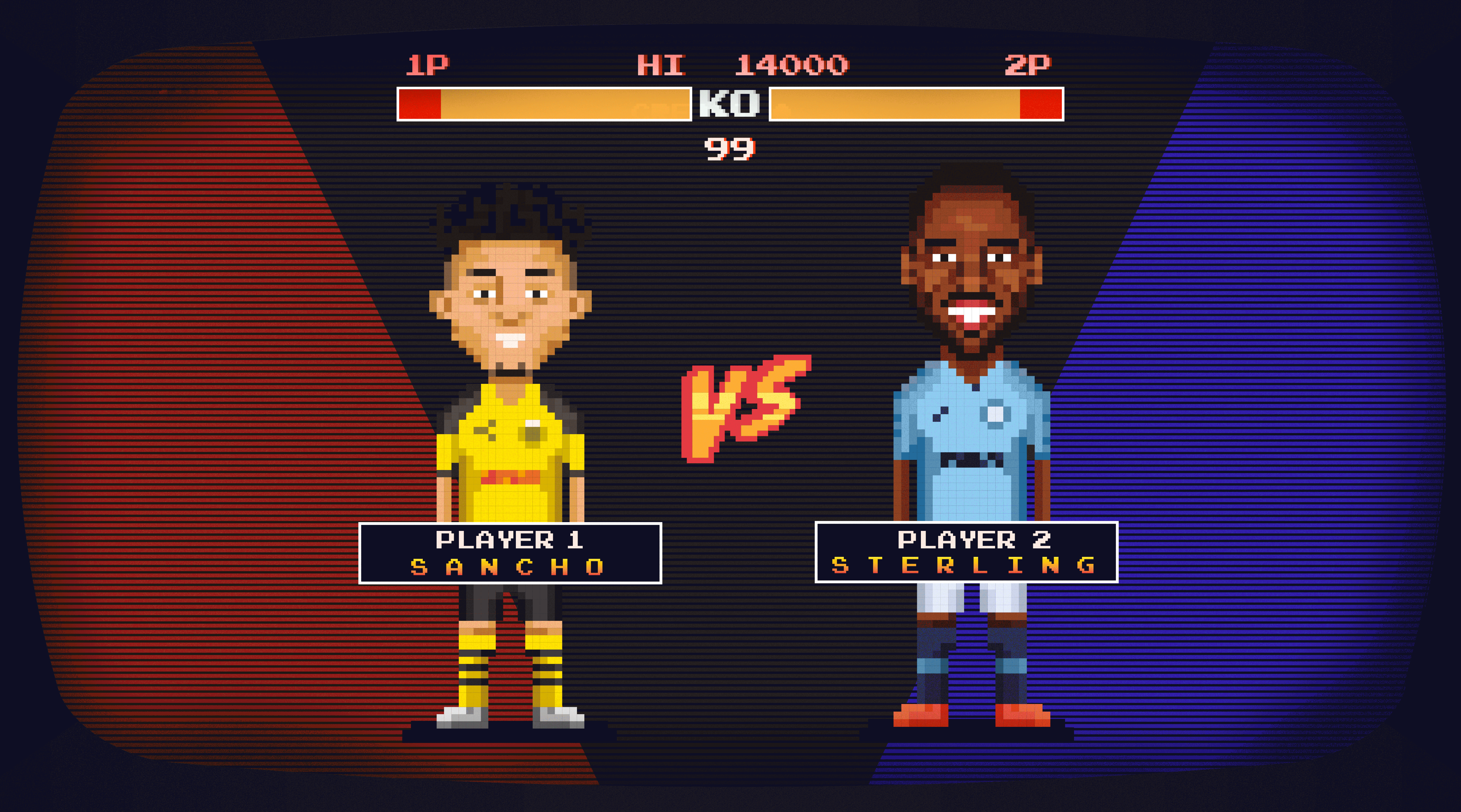
Rhian Brewster knows all about that. The London-born Liverpool forward has become good friends with Sancho in recent years and he can spot the street influence from a mile off.
“When you come from those kind of areas, it’s a lot of cage football,” he tells Goal. “It’s playing with your friends. It reminds me of the game FIFA Street, where you’re bouncing it off walls and working on your skills and stuff like that.
“To me, that helps when it comes to playing proper games. You have that flair and imagination, and you don’t care, you’ll try tricks and flicks. And that all comes from growing up, playing in those environments and being encouraged to work on your skills and your technique.”
Not that Sancho needed much encouragement, if those early accounts of nutmegs and lobs are anything to go by. And while his ability has never been in question, his mental attributes have also stood out to anybody who has worked with him.
“I’ve played with him and I know what he’s capable of, so when I see him scoring goals and playing well, it doesn’t surprise me,” Brewster adds. “He would have to do a lot to shock me, to be honest!”
There are two key attributes that have almost blended together to set him apart: an incredible confidence in his own ability; and a complete absence of fear.
“His mentality was that he just wants to be the best,” Godley adds. “So, the best as in he wants to be the most skillful, he wants to score the most goals, he wants to be the best player.
“But people talk about mental strength as if it’s just bravery, toughness and this kind of stuff, but what Jadon had was that he didn’t have any fear of making mistakes. So, whereas you would get kids’ dads saying, ‘What are you doing?’ and kids looking across to their dads all the time, he just absolutely had no fear.
“In my experience of when we used to play Chelsea and Arsenal, a lot of kids would look out of the window and say, ‘Oh Chelsea are here, oh my god’, and we would have to say, ‘Lads, it’s going to be five kids against five kids, they’re just wearing a blue kit and you’re wearing a yellow kit.’
“Jadon would be looking out of the window, though, and be like, ‘You’re in trouble, you’re playing against me today.’ He was so confident, and that’s the difference. It’s his mindset.”
Sancho traces it back to his days on the playground. “I think it just comes from within,” he says. “I think it’s probably because when I was younger I always used to play with older boys and I feel like every time I kept on playing with them, I felt more and more confident.
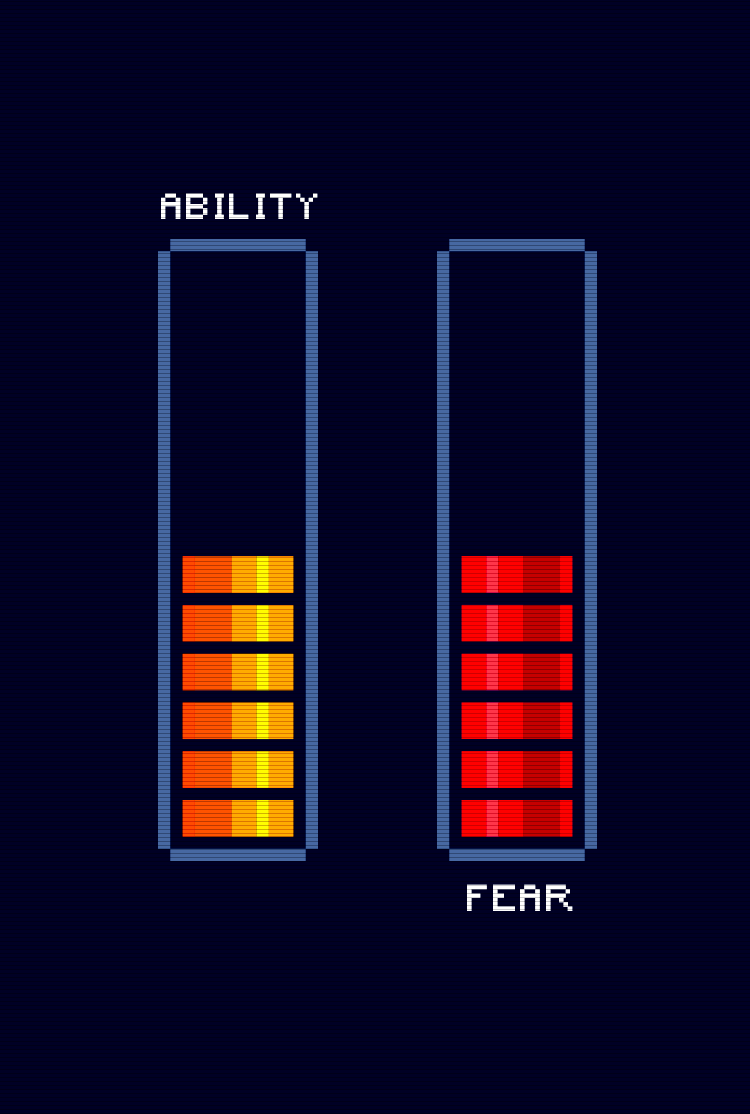

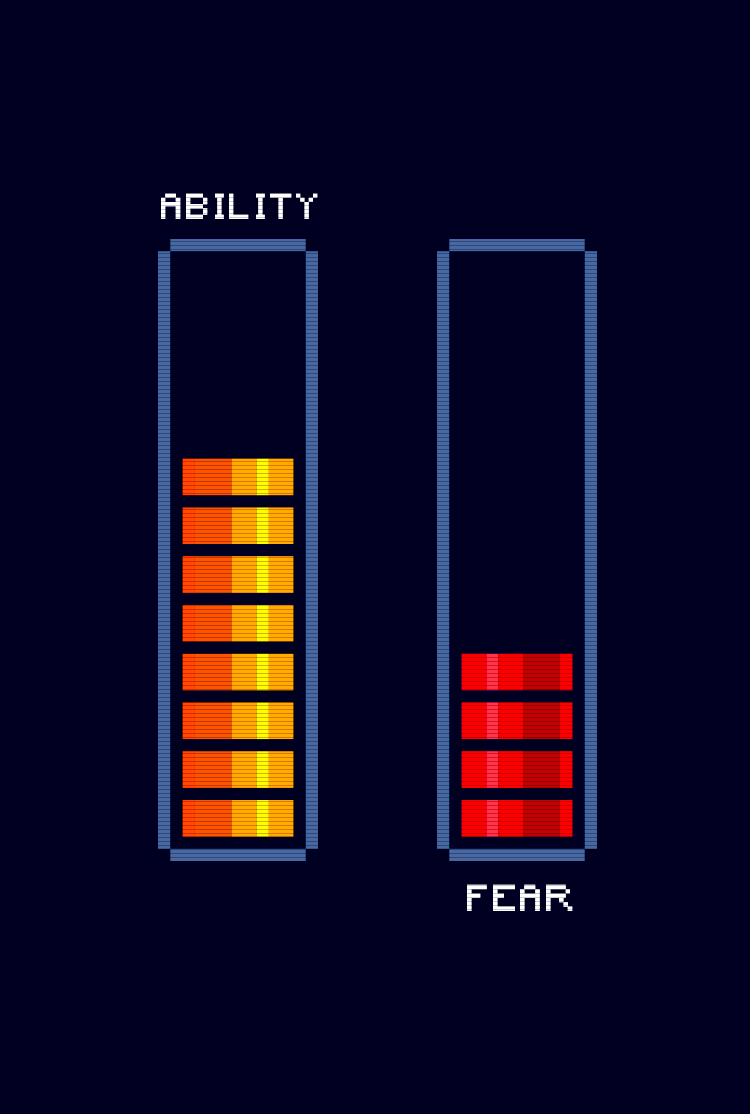
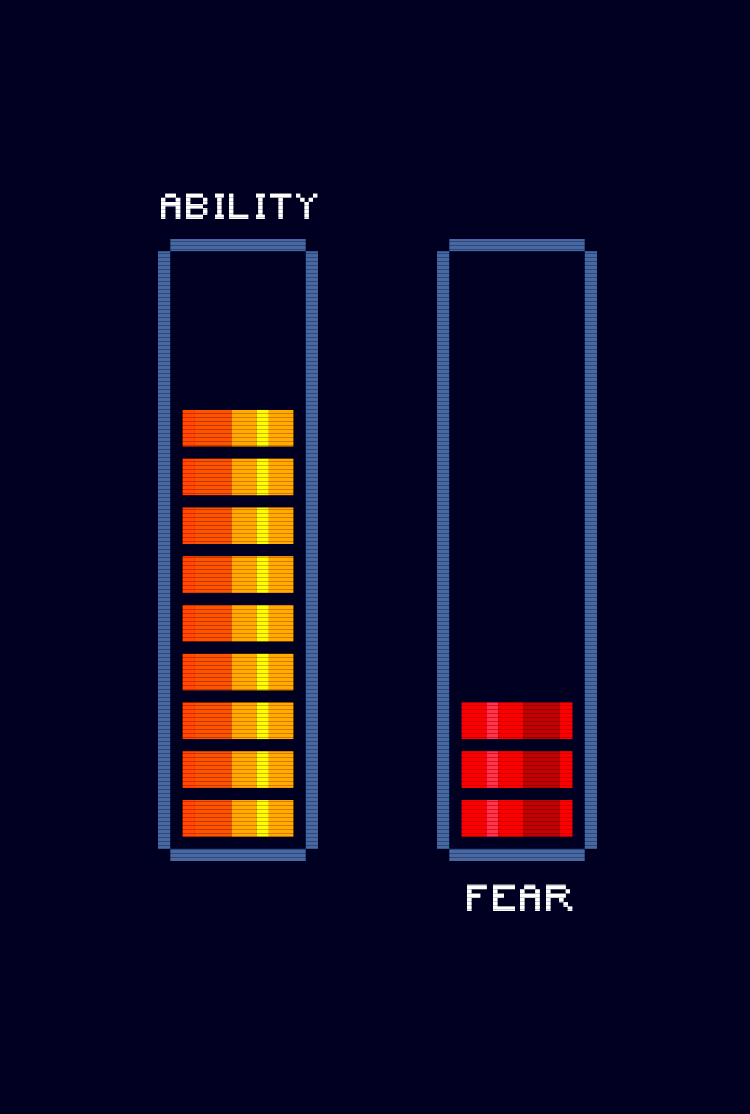
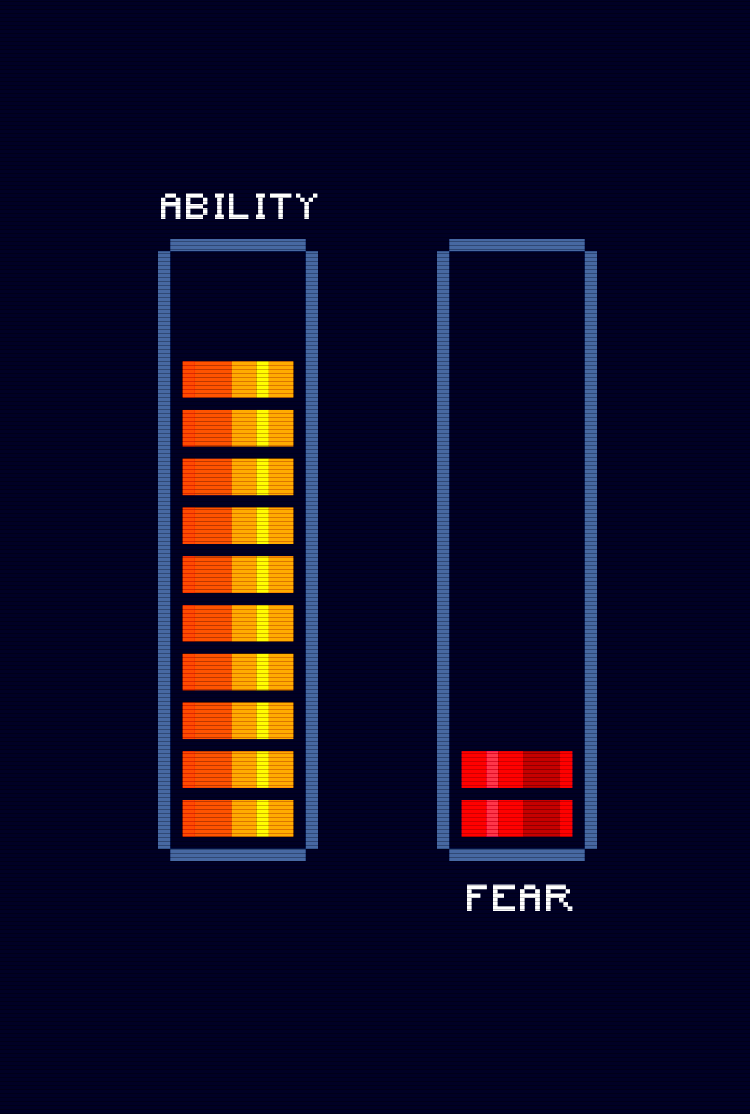
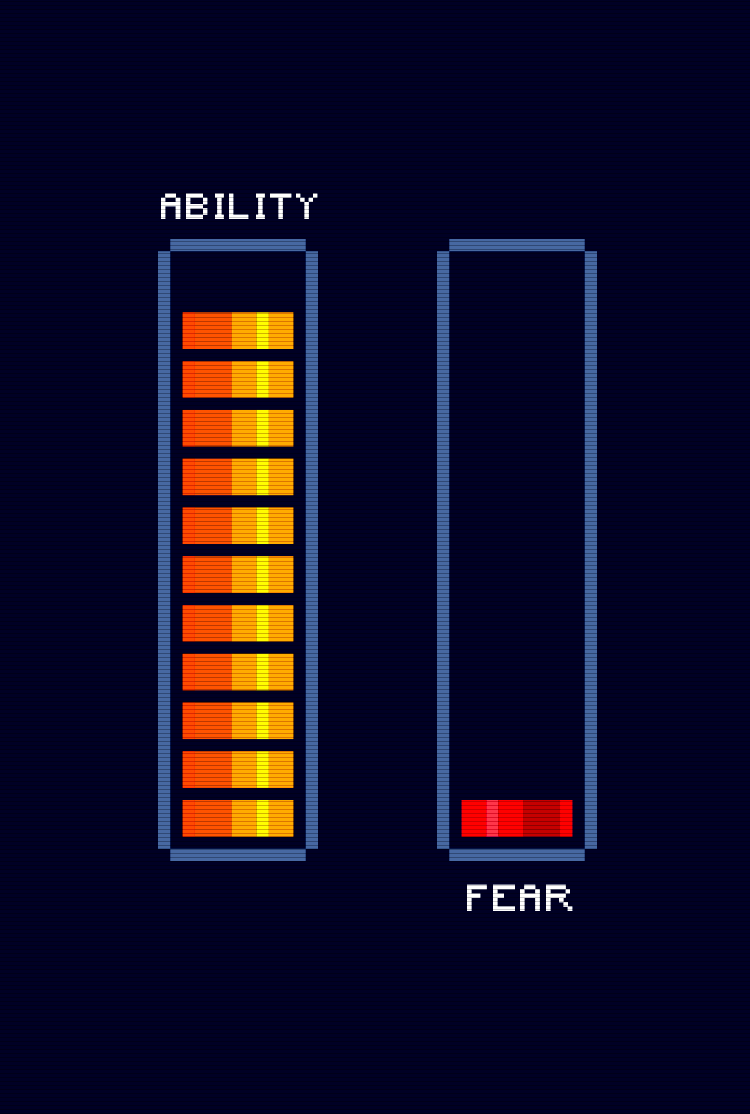
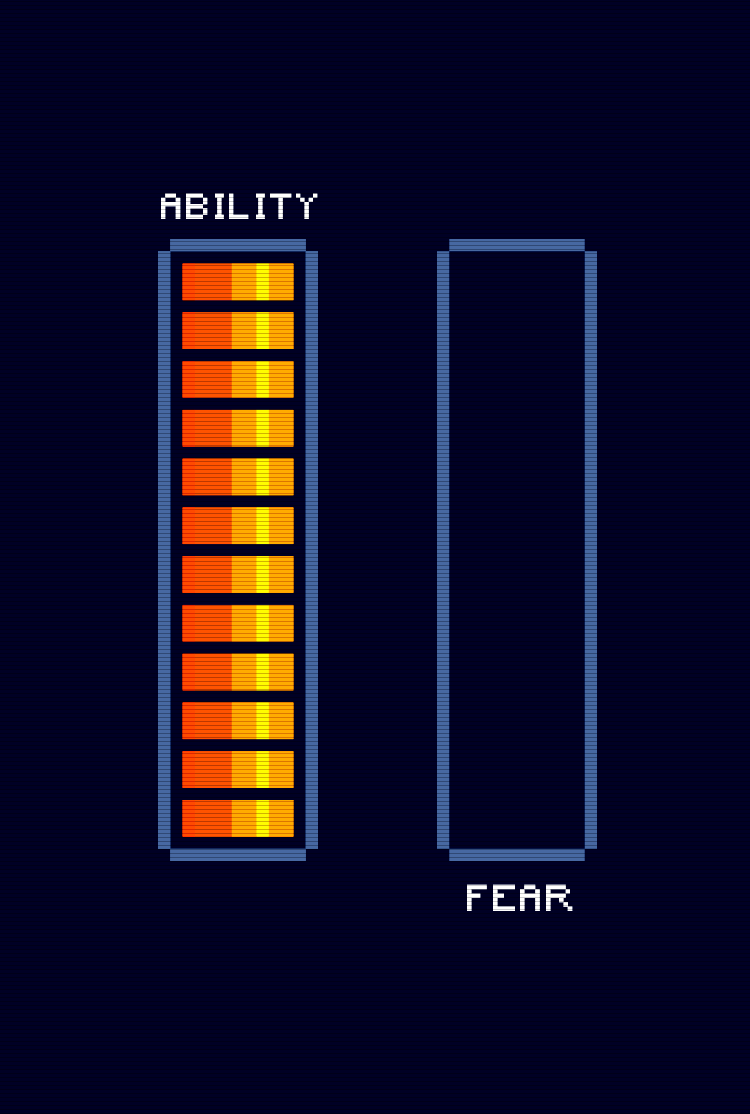
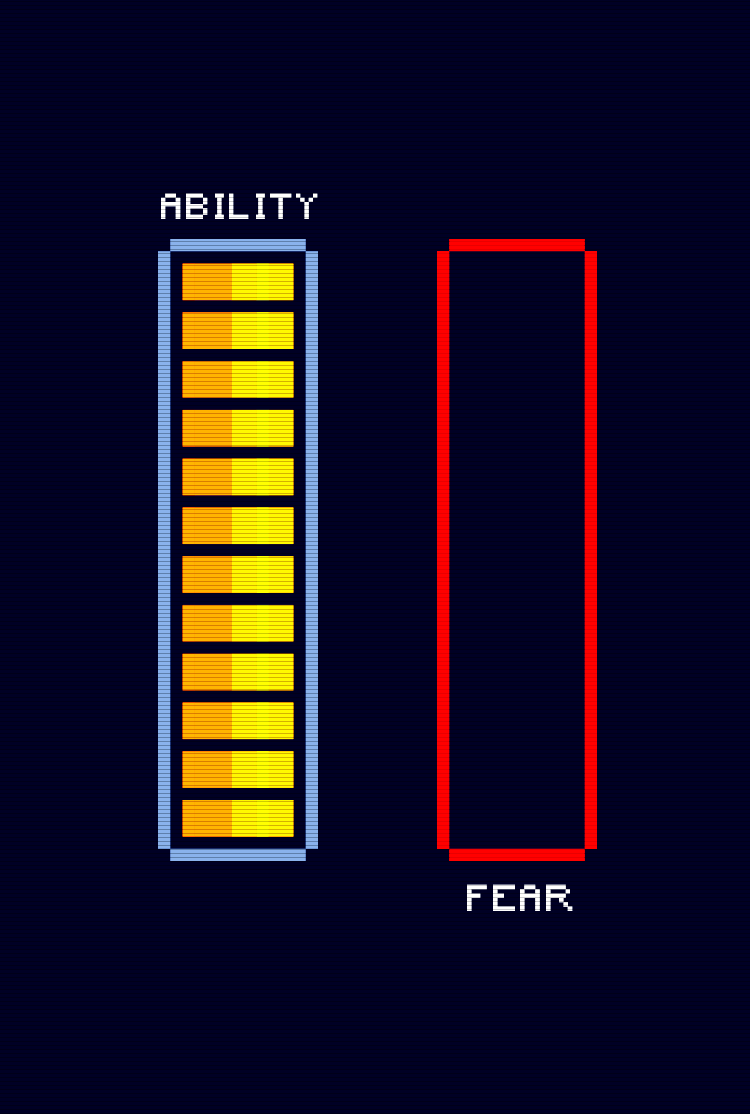
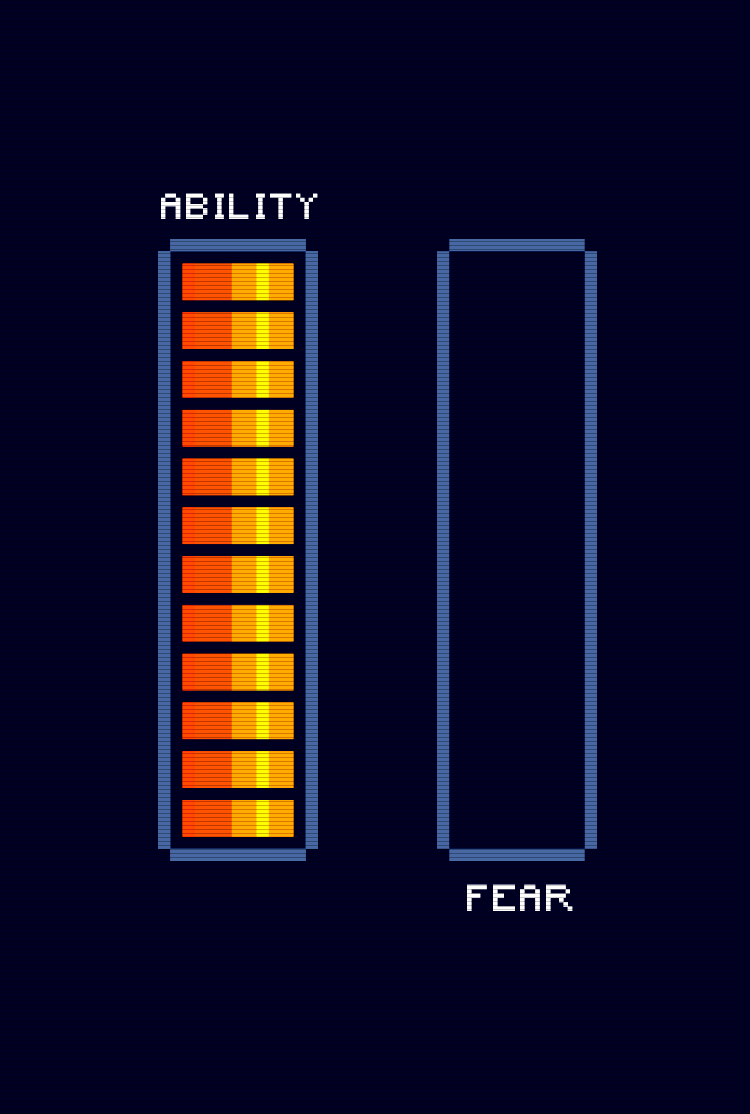
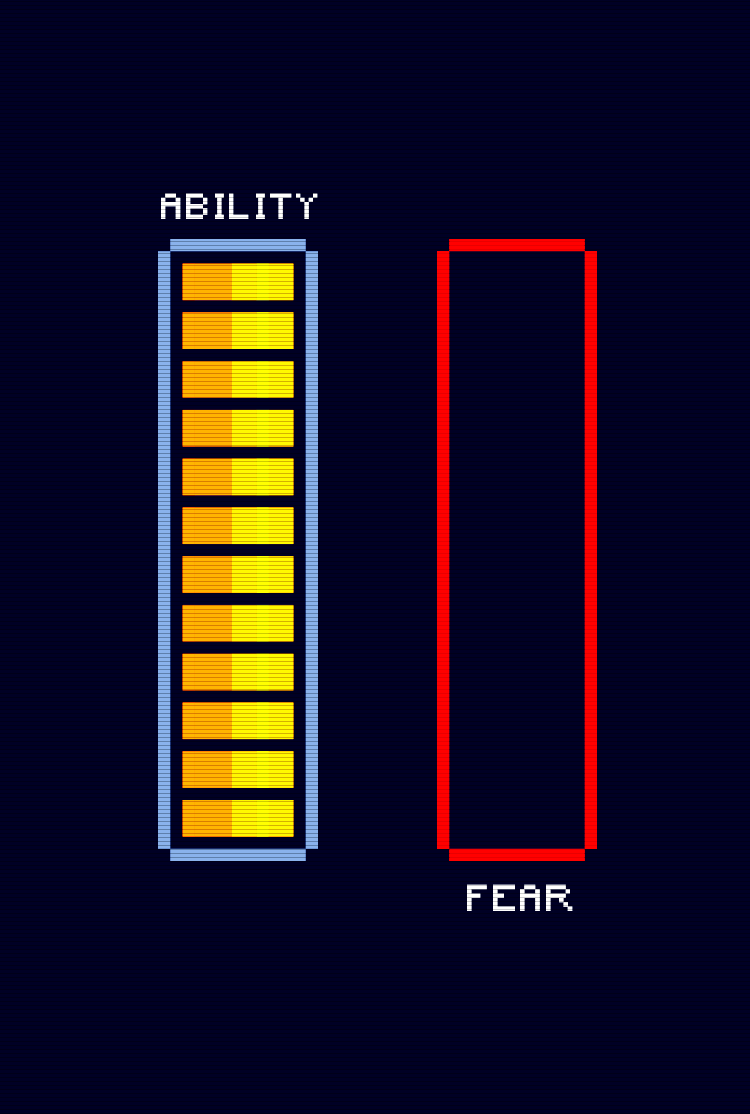

“I just always felt like if I worked harder than everybody else then I would stand out more.”
Inevitably, there was a stubborn streak propping up the confidence. “If he’s got something to say he will say it,” Norman says. “He would listen to me, but if somebody else had a go at him, he wouldn’t listen. If he doesn’t like something, he will let you know.”
But that attitude only propelled his efforts to be the best he could be. Godley says there were rough edges that needed to be smoothed, but that was never a problem: “I would say in the U9s he would have the ball a lot and try to overcomplicate it, but by 10s and 11s he was setting people up a lot more and making good decisions.”
He soon got noticed, to the extent that Godley and his colleagues would sometimes hide Sancho in older age groups, or play him out of position, so that he would not stand out too much when he played against England’s biggest, richest clubs.
“Agents would start talking to him. He started playing well and clubs were looking at him thinking, ‘Flipping hell, this kid is decent!’ I remember he started getting football boots sent to the football club, people were just sending him stuff to try to get his head turned and try to get in contact with him.”
But there was little anybody could do to stop him standing out.
“In a game he would just do everything,” Godley adds. “He would do a couple of worldie passes, he would try to chip the keeper, he would do a long shot, he would do a flick.
“So, it was like every game had a story; it would have every chapter you could imagine to it. He had a skilful part, he had a part where it was all dribbling, he had a bit where he was shooting a lot.
“Around the time he went to Man City he was just on fire every single week. I remember seeing some footage of him against Arsenal and it was a joke. He was running rings around people, he was splitting the defence every time he got the ball, he was taking people on or pretending to shoot and everybody was just falling on the floor.”
Sancho was just 14 when he was whisked up north to Manchester and had things turned out differently his initial fee of £66,000 would have been a real bargain for City.
Sancho’s time at the club is talked about in hushed tones by all concerned yet it was a crucial period in his development. Once again, his skills and attitude shone through to almost everybody he came into contact with, and coaches insist, off the record, inevitably, that he always worked incredibly hard in training, just as he did at Watford.
There may have been the odd clash at school or on the training pitch as he reached adolescence but he was still regarded as more focused than team-mates. While they rented city-centre apartments for weekend parties, he would travel back to London, usually spending time with Reiss Nelson.
Phil Foden, who is also still a close friend, did not attend those parties, either, and that is part of the reason why both of them were signposted for bright futures at the Etihad Stadium.
The other reason is their quality. Even City were surprised by how talented Sancho was in his first few months at the club and then, over a year after signing, Pep Guardiola arrived. Soon after that, Sancho was called up to senior training sessions, and while plenty of City prospects have received the call, few of them have impressed Guardiola with their attitude as much as Sancho did.
And it was in those sessions when he became close with Raheem Sterling. In fact, he made Sterling another victim of his trickery.
Godley explains how he would do it: “He seems to have developed natural shielding, which is a hard skill to learn. He gets the ball and his body is everywhere and you think you’ve got a bit of him and then he’ll spin you.
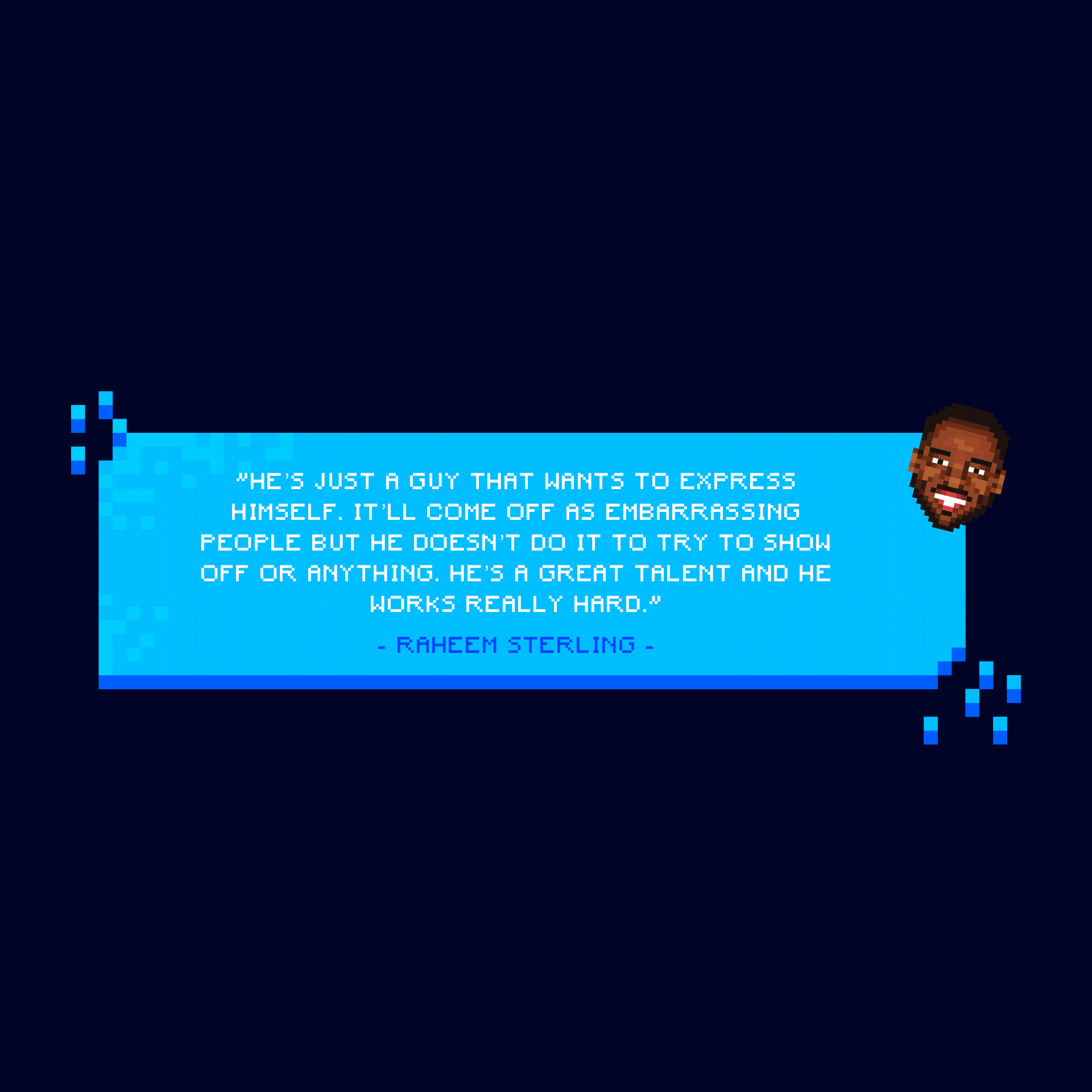
“He knows how to twist and turn now and he doesn’t really do crazy skills, he does really unorthodox shoulder drops, and with that you think you know where he’s going and then he’ll just do a little double touch and he just kills you.”
That’s what happened to Sterling in one particular training session. Not that he took it personally.
“I don’t think he purposely does it but he’s just a guy that wants to express himself,” Sterling tells Goal exclusively. “At the end of the day, it’ll come off as embarrassing people but he doesn’t do it to try to show off or anything, it’s just part of his game. It’s a joy to see that.
“He was very confident with the ball. He wanted to show his ability on the ball. He’s a great talent and he works really hard.”
The two grew so close in recent years that Sancho hails his former team-mate as a key influence. “Marco Reus and Raheem Sterling have had the biggest impact on my life,” the youngster says.
“Reus, his case is that he’s helped me mature as a player, he can tell when I’m playing my game and when I’m not. Off the pitch as well, we have a lot of fun together, we talk a lot and chill together. That’s what’s so good about our relationship, on the pitch and off the pitch.
“Sterling, obviously him coming from London as well and him getting so far at such a young age, I felt like I could relate to him because obviously being from London and him coming from street football as well, me and him have a lot of similarities.”
And while Sterling insists his young team-mate does not need too much advice, he has passed on some words of wisdom that perhaps he himself could have done with at the same age.
“I’ve given him messages in the past telling him not to do certain things I was doing,” Sterling reveals.
“I said to just generally wake up earlier, I woke up a bit too late, I woke up at 20 or 21 and realised certain things that I needed to do off the field, and I’m trying to give him the advantage as early as possible.”
The two would still be City team-mates now if not for a rather messy contract saga that, perhaps needlessly, snowballed out of control. Sancho was offered a £35,000-per-week deal which was worth somewhat less than that once it landed in his bank account. He did not want to sign it, and Guardiola, as big an admirer as he was, refused to take him on a pre-season tour of the United States as a result.
The situation only deteriorated and while City had a plan to ease him into their first team, a la Foden, Sancho was not convinced. He stopped going to training sessions and City decided they had no option but to sell.
A Premier League move was not on the agenda but Dortmund was - the Bundesliga club were exploring the market for what they deemed to be underused English talents, and they jumped at the chance to sign Sancho.
And he jumped at the chance not only to move to a different country, but to take the No.7 shirt, too.











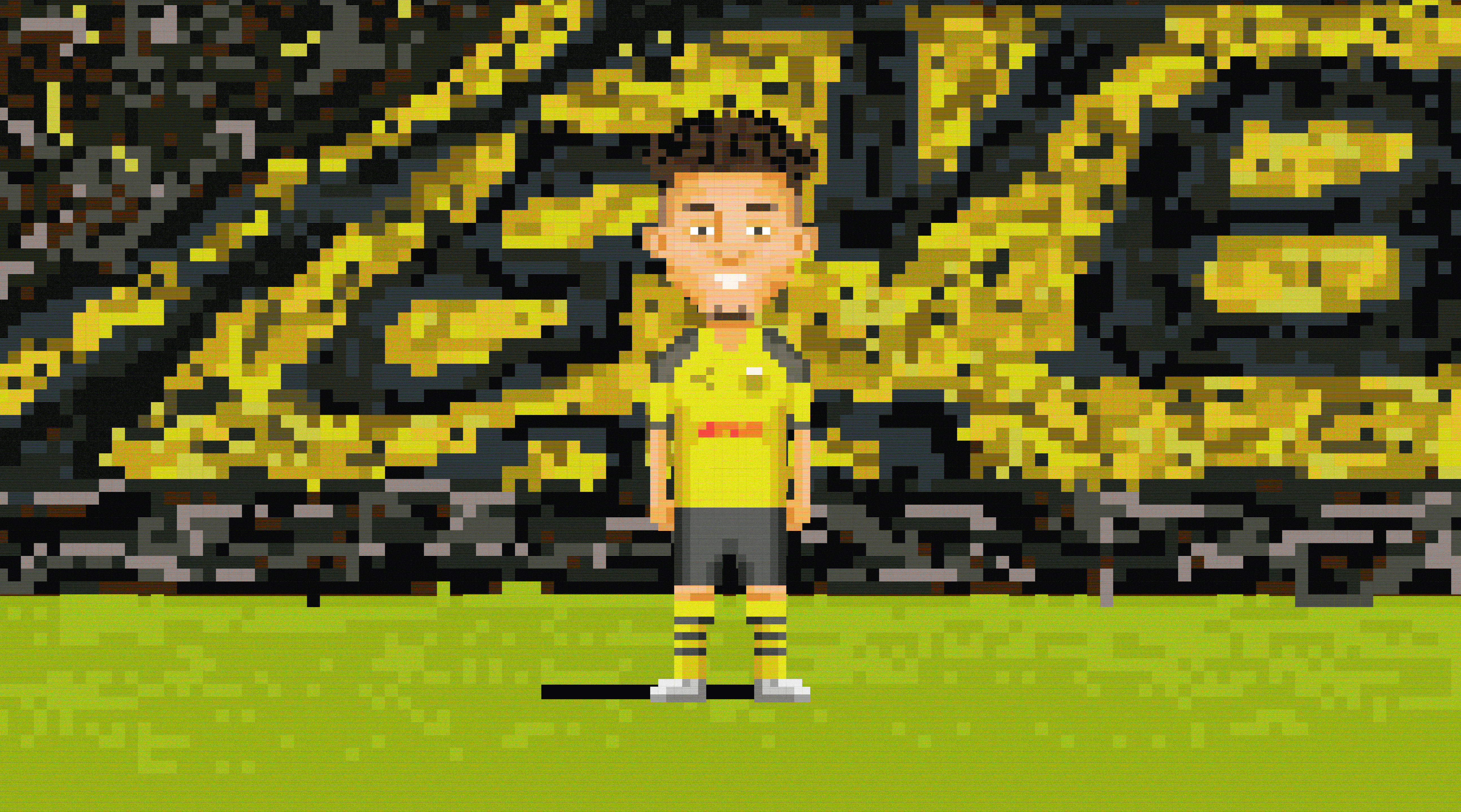
“He’s very level-headed, and he’s a leader too I would say,” Brewster says. “For him to get all that he has, and to get it so quickly, he would take that in his stride. He’s not fazed by much, trust me!”
What followed has been a whirlwind of seemingly never-ending success stories. He was part of the England U17 team that won the World Cup in 2017 (though he was recalled by Dortmund after the group stages), he made his first Bundesliga start at the age of 17 and this season, at 18, he has become a bona fide first-team regular.
As it stands, he is the youngest player in Bundesliga history to score nine goals and not a week goes by without a highlight reel being posted to Twitter, invariably of him making people go ‘Wow!’, just like he always wanted.
On top of this was an England call-up, and when he replaced Sterling against Croatia last October he became the first player born this millennium to play for the Three Lions.
Sancho, as Brewster says, has not been fazed by any of it and he remains a fun-loving but quiet presence in the dressing room - “I feel like I’m chilled, I’m vibey”, Sancho calls it.
“He's a funny guy, but he's also quiet now and then,” Reus tells Goal. “He is not one who is loud in the locker room. Everyone gets on well with him. He has integrated very well and is a full member of our team.”
And Sterling relishes any opportunity to meet up with him again. “When we’re in the England team I’m always with him, always joking and laughing with him,” he says.
There were, of course, serious conversations to be had and it appears that in the coming years Sancho will benefit from Sterling’s maturity and burgeoning status as a role model.
“When I was with England, he spoke to me a lot and told me what to do,” Sancho adds. “To block things out if something wasn’t going my way, so he’s helped me a lot.”
And yet to some, Sancho himself is a role model already.
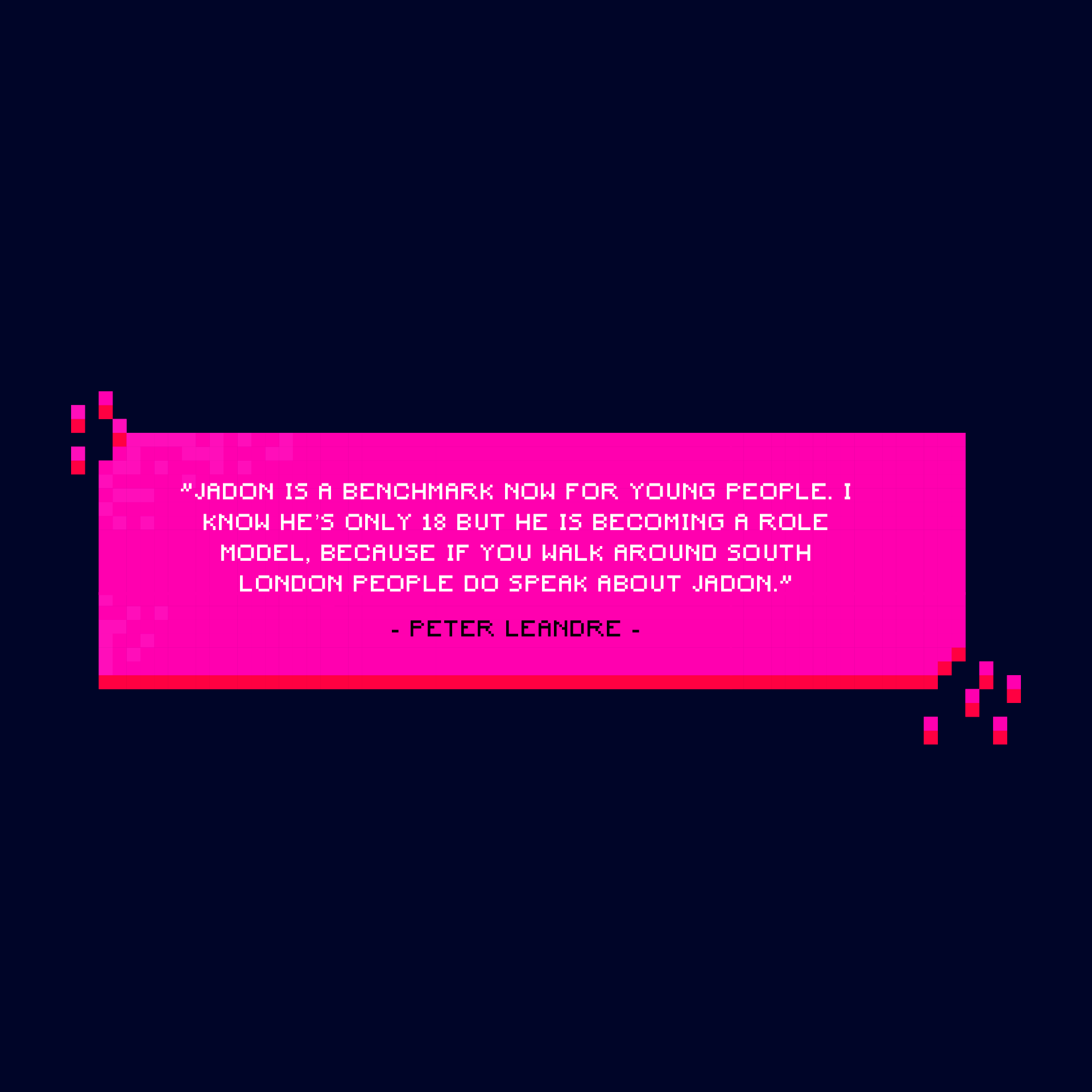
“Jadon is a benchmark now for young people,” Peter LeAndre adds. “I know he’s only 18 but he is becoming a role model, because if you walk around South London people do speak about Jadon.
“They say, ‘Yeah, yeah, Jadon lived round here,’ and if he comes back to the area he’s always humble, there are no airs or graces at all about him, he will go and talk to people he knew that he still has round there, because that’s where he grew up, that’s his home.
“It doesn’t matter where he is in the world now, his home is still South London.”
Despite all this, Sancho is under no illusions about his future.
“I look at it as I have just got to keep working hard and helping my team in every game we play,” he says. “I think if I stay like this I think I can do a lot of things and what will be will be. I feel like hard work is the key and the way forward.
“I set personal goals. Just little things, little details like working on my left foot, shooting quick, getting in behind the defender earlier, quicker and just popping it off and knowing when to shoot and when to pass. I’ve just got to keep working on that and hopefully it will improve me as a player.”
Sancho admits he dreams of winning the Ballon d’Or - “I feel like that should be every player’s goal” - and if he keeps improving at the rate he has already, then he could well be in the conversation sooner or later.
Then we really will say ‘Wow’!


